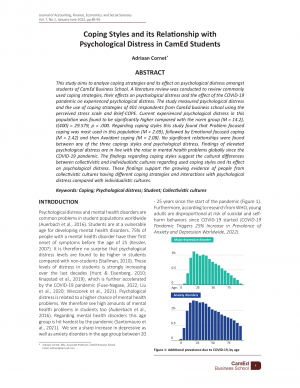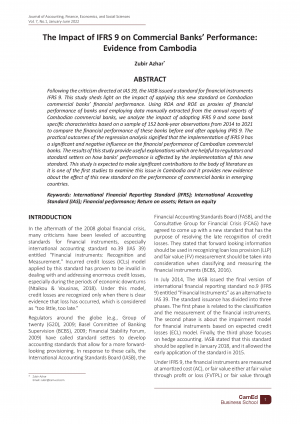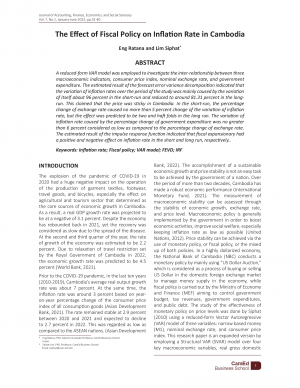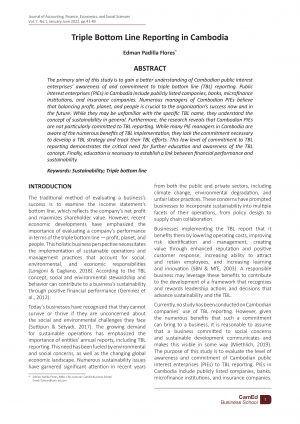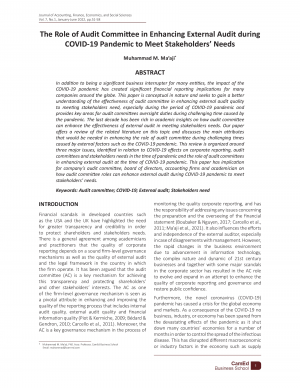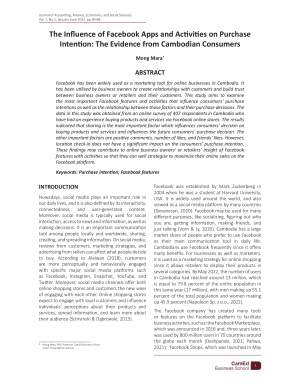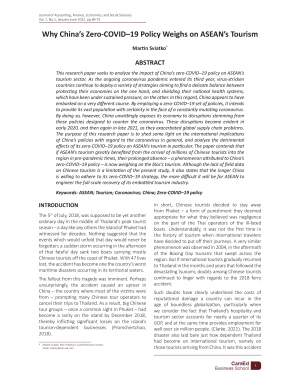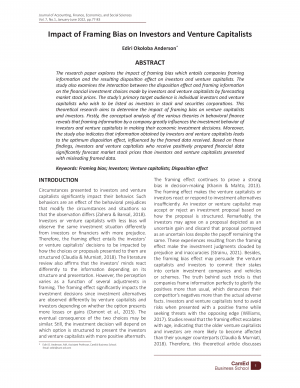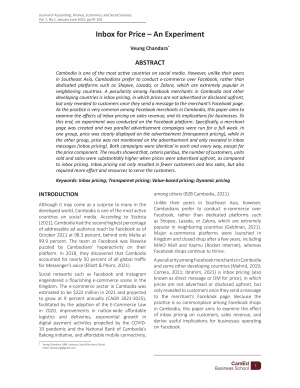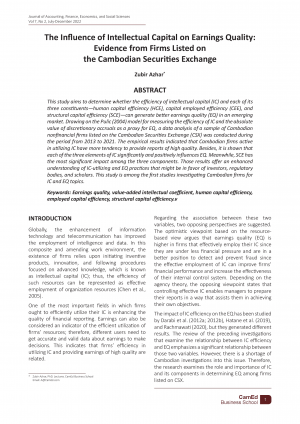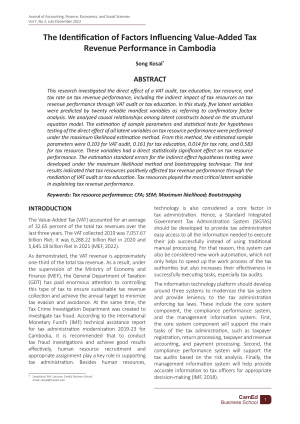Coping Styles and its Relationship with Psychological Distress in CamEd Students
For read a book, Please sign into your account.
loginABSTRACT
This study aims to analyze coping strategies and its effect on psychological distress amongst students of CamEd Business School. A literature review was conducted to review commonly used coping strategies, their effects on psychological distress and the effect of the COVID-19 pandemic on experienced psychological distress. The study measured psychological distress and the use of coping strategies of 401 respondents from CamEd business school using the perceived stress scale and Brief-COPE. Current experienced psychological distress in this population was found to be significantly higher compared with the norm group (M = 14.2), t(400) = 29.579, p = .000. Regarding coping styles this study found that Problem focused coping was most used in this population (M = 2.69), followed by Emotional focused coping (M = 2.42) and then Avoidant coping (M = 2.08). No significant relationships were found between any of the three copings styles and psychological distress. Findings of elevated psychological distress are in line with the raise in mental health problems globally since the COVID-19 pandemic. The findings regarding coping styles suggest the cultural differences between collectivistic and individualistic cultures regarding used coping styles and its effect on psychological distress. These findings support the growing evidence of people from collectivistic cultures having different coping strategies and interactions with psychological distress compared with individualistic cultures.
Keywords: Coping; Psychological distress; Student; Collectivistic cultures

